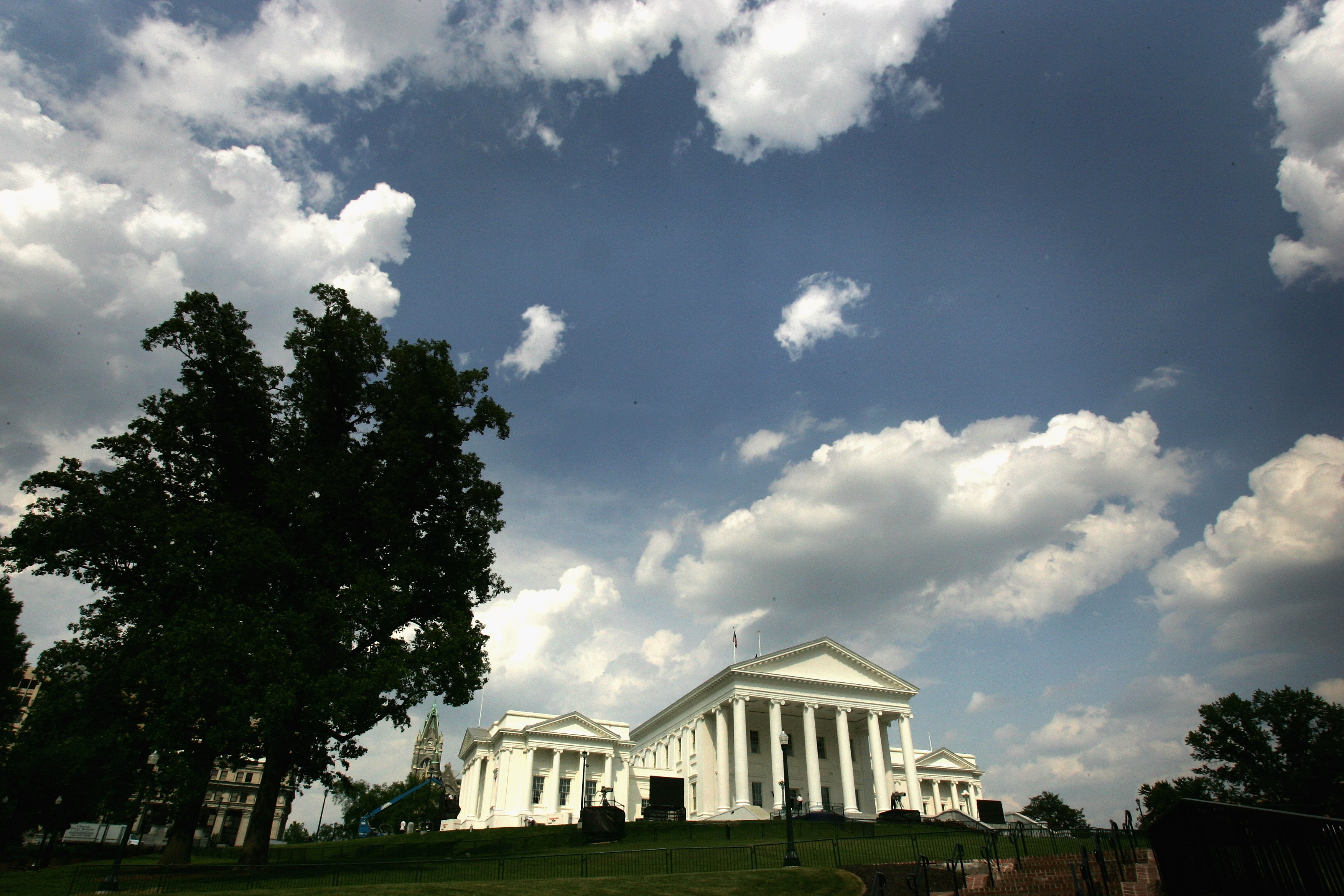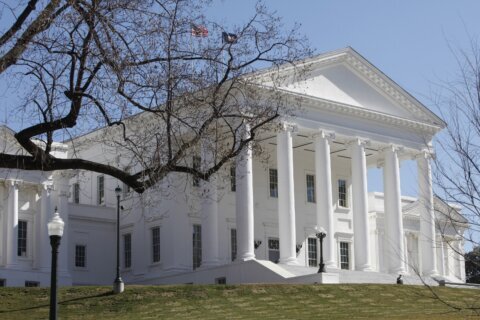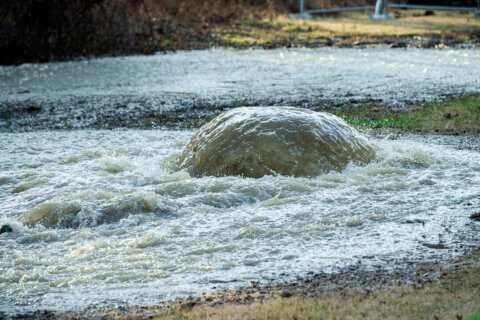RICHMOND — Police can use license plate readers to track drivers across Virginia, and some keep data for months or years on where people are every day.
But proposals from state lawmakers would change that, putting restrictions on the use of high-tech readers and other technology.
Sen. Chap Petersen, D-Fairfax, is pushing a bill that he said “seeks to restrain electronic surveillance of citizens where there’s no warrant and no probable cause of a crime.”
Petersen referred specifically to cameras “such as those mounted on police cruisers that scan license plate data, [which] obviously photograph people or capture people’s personal information without their knowledge and then store that to create a data bank of where people are and where they’re moving around during the day.”
The bill would limit the storing of such data to seven days unless it’s directly tied to an investigation.
This year, Republican Del. Bob Marshall has introduced a similar bill on the House side.
A similar Petersen bill that was passed with bipartisan support was vetoed two years ago by Gov. Terry McAuliffe, a fellow Democrat. Last year, the bill died in committee.
Many law enforcement groups lobbied against the bill. They argued, in part, that investigations do not always begin within seven days. and that could lead to useful information being deleted.
Petersen hopes that this time, two things will help convince McAuliffe to sign the bill: This is McAuliffe’s final General Assembly session ahead of November’s election and Donald Trump is president-elect.
“I think anytime you’re in a period of transition, it’s a good time to step back and say: ‘Hey, Democrats, you know at least at the federal level, have been in charge for the last eight years, and they’re not going to be in charge for at least the next four years. So maybe now’s a good time to talk about civil liberties and protecting freedom of speech,’” Petersen said.







